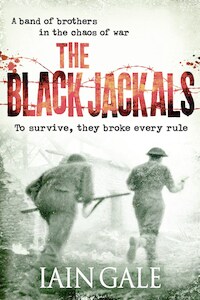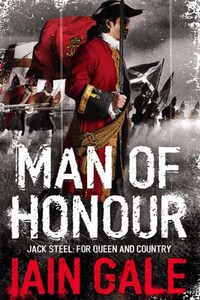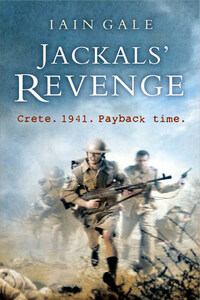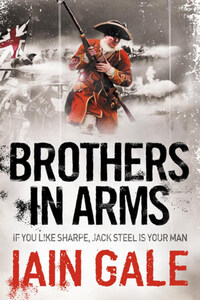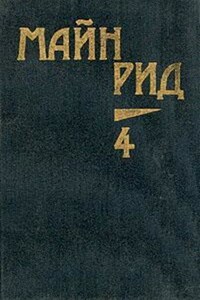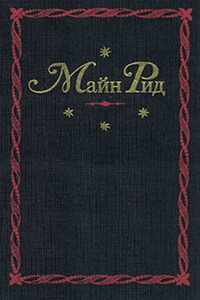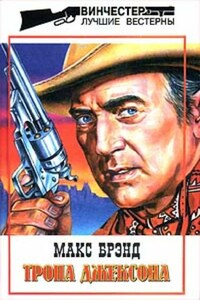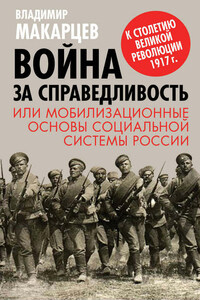Chapter 1
This had not been what was meant to happen. Not at all. But then he supposed that was what war was all about – the unexpected and the absurd always turning up just when you’d planned for something completely different.
Second Lieutenant Peter Lamb stared at the bridge and swore under his breath. This was not going according to plan. Certainly, the sappers had come and gone as directed. They had left their packages of high explosive, taped and tied to the bridge, out of sight of anyone who might attempt to cross it, and they had carefully concealed the wire in the long grass that grew up the riverbank, snaking it back as covertly as possible to Lamb’s command trench, where it was connected to a simple plunger. Lamb gazed at the box and its T-shaped handle. When the time came, when the Germans began to show themselves, he would give the command and the little bridge which had presumably stood here at Gastuche for the last century would vanish.
That at least was the plan. But this was no training exercise. This was war, and the Germans had not come along the road obligingly in column like some friendly adversary to be mown down by his carefully prepared ambush and then blown to kingdom come with the bridge. In fact they had not come at all. Instead Lamb had been alarmed to see, some hours ago now, a procession of weary Belgian civilians advancing upon the bridge. He had told the men to hold their fire, but of course it had hardly been necessary. They were not about to open fire upon a herd of old men, women and children. At first he had watched them with bemusement as they had trickled across the bridge towards safety. But then the thought came to him. If this exodus did not stop then eventually the Germans would be caught up in it, and what would he do then? He did not suppose for one minute that his men would fire on civilians, but the enemy must not be allowed to take the bridge.
It was obvious to him that there was no choice. His orders were clear. Nothing for it now but to blow the bridge, and he wondered when he gave that command how many of them would have to die.
Peering over the brow of the shallow grassy slope behind which he and his men were sheltering, Lamb looked down towards the river and its little stone bridge and his eyes fixed on the desolate column of humanity moving slowly and sadly along the road towards them – an endless procession of men, women and children, driving, pushing and pulling carts and wagons of all shapes and sizes, laden with what few belongings they had managed to gather together before the Germans came.
The River Dyle was a good enough obstacle against tanks, and to allow the bridge to fall into enemy hands was out of the question. But it was also highly questionable that they would be able to hold it forever. The German advance through Belgium had been like a whirlwind and he wondered how many of the British, Belgian and French generals really believed that their armies and the tiny British Expeditionary Force would be able to hold back the Panzers. But they might be able to slow them down sufficiently for the French to be able to regroup and mount a counter-attack.
He had sent a runner back to Battalion at the first sight of the refugees but had received no other instruction than that it was had on good authority that anyone carrying a red blanket might be a fifth columnist. As far as Lamb could see, hundreds of these refugees had red blankets. He could not possibly have taken them all prisoner and so he had decided to ignore the instruction. It galled him that he was becoming used to ignoring orders. Only some of them, of course. This was typical of the sort of ridiculous rumours that had been circulating since they had arrived in France. He was surprised, though, at how readily people accepted them, officers and men alike, and it made him wonder whether he might have been wrong in placing so much faith in the army, and that new and unwelcome doubt filled him with dread. For it was not hard to see that their enemy had no such lack of confidence.
There was distant booming, somewhere quite far off, over to the east. Lamb raised his head again and, looking across the peaceful landscape in which a pale herd of cattle were grazing beside the arc of a river, scoured the horizon. But he could see nothing. They were still far away, then. But still close enough at that, he thought. And somewhere out there someone was taking a pounding, and ten to one it wasn’t the Boche. There was a rustling noise behind him and Lamb turned to see his platoon sergeant, Jim Bennett, crouching above the trench.
‘Beggin’ yer pardon, Mr Lamb, sir. But the lads were wondering if they could stand down for a few minutes and get a brew on. And one for you too, sir?’
